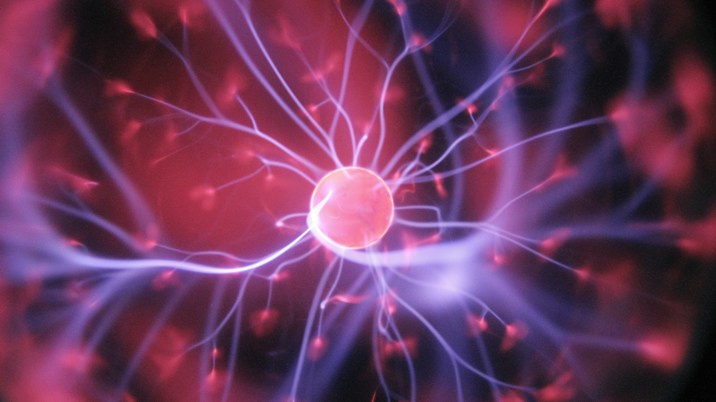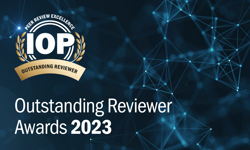
Sponsored by Artificial and Natural Intelligence Toulouse Institute (ANITI), Frontiers in Neuroergonomics launches the AI for Neuroscience Prize for the best paper to showcase the innovative use of artificial intelligence in the complex real-life situations. Frontiers says the award aims to recognize and honor groundbreaking contributions at the intersection of AI and neuroscience, highlighting innovative research that pushes the boundaries of our understanding and application of these fields.
Worth US$5450, the ANITI Prize in AI for Neuroergonomics invites submissions from researchers in the field of Neuroergonomics, including but not limited to neuroscientists, psychologists, engineers, and computer scientists. The prize will be awarded to the best paper describing the use of AI techniques in neuroscience research, including applications such as brain-computer interfaces, neuroimaging analysis, and machine learning for decoding brain activity in real-world scenarios. The prize seeks to recognize transformative contributions, whether they involve new algorithms for analyzing functional neuroimaging data, neuro-inspired AI architectures that mimic human cognition, or neurotechnologies designed to enhance well-being and improve lives.
Imagine new algorithms that analyze and classify functional neuroimaging data in real-life contexts, revealing insights into cognitive processes like never before, added Frontiers. Envision neuro-inspired AI architectures that mimic human cognition, paving the way for smarter, more adaptive technologies. Picture neurotechnologies designed to enhance well-being and improve lives, making a tangible difference in everyday experiences. These are the kinds of advancements the ANITI AI Prize aims to celebrate and reward, Frontiers continued.
Eligible articles must be submitted to Frontiers in Neuroergonomics by 31 December, 2024, and published by May 2025. Submissions will be evaluated by a panel of experts in the field, with the winner announced in 2025.
Frontiers says neuroergonomics is a rapidly evolving field that emerged at the end of the 20th century. Pioneered by Professor Raja Parasuraman, it is defined as the study of the human brain at work and in everyday life settings. Frontiers in Neuroergonomics, launched in 2020, provides a global forum for scientists integrating advancements in neuroscience, neuroengineering, human factors, and ergonomics to study brain and body functions in everyday life, added the publisher.
With 150 articles published to-date and over 370,000 article views and downloads, the journal is led by the Field Chief Editors Prof Hasan Ayaz from School of Biomedical Engineering Science and Health Systems (Drexel University), Prof Frédéric Dehais from ISAE-SUPAERO (University of Toulouse), and Prof Waldemar Karwowski from IEMS (University of Central Florida). It aims to expand our understanding of the neural mechanisms underlying human perceptual, cognitive, and motor functioning, and covers seven specific sections:
- Augmented and Synthetic Neuroergonomics
- Clinical Neuroergonomics
- Cognitive Neuroergonomics
- Consumer Neuroergonomics
- Neurotechnology and Systems Neuroergonomics
- Physical Neuroergonomics
- Social Neuroergonomics
Frontiers says the editorial board includes around 350 scientists from more than 25 countries, representing top institutions like Johns Hopkins University, Université de Montréal, Harvard University, among others. Indexed in repositories such as ESCI, PMC, and Scopus, the publisher says Frontiers in Neuroergonomics received its first Impact Factor (1.5) in 2024.
Keep up-to-date with publishing news: sign up here for InPubWeekly, our free weekly e-newsletter.









